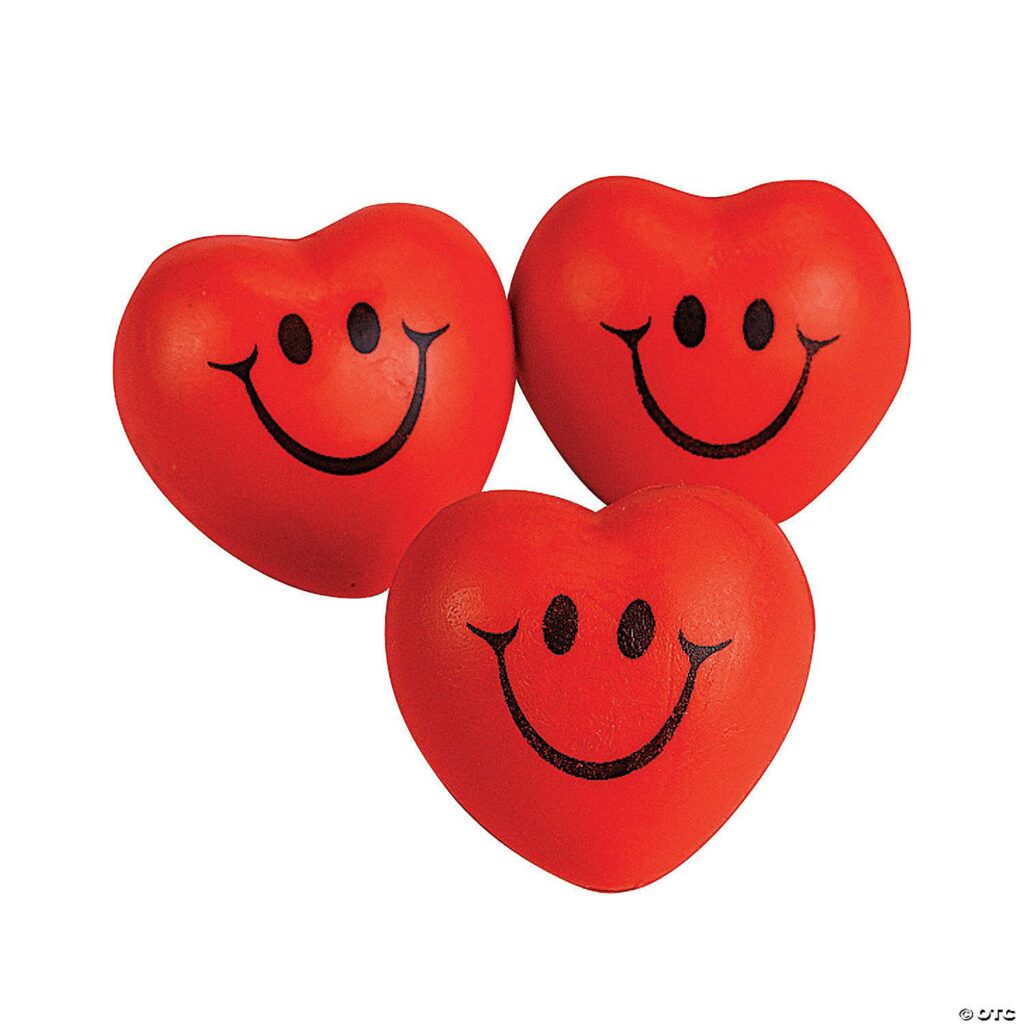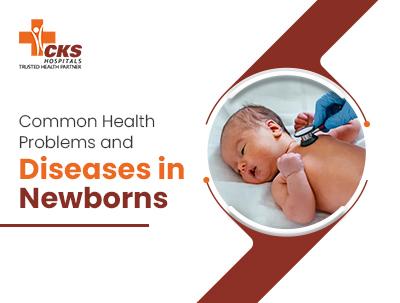The human heart is a vital organ that helps us to breathe and live. The heart is an integral part of our circulatory system and is responsible for transporting oxygen-rich blood through the body. If it stops beating we cannot live. There are many amazing facts related to the heart that might surprise you. Here are some of the interesting facts related to the heart.

- 1.5 gallons of blood are pumped by your heart every minute.
A person can expect to lose about two thousand gallons of blood in one day. Throughout your lifetime, your body will pump the equivalent of one million barrels of blood.
- Our hearts can continue beating outside of our bodies.
Heartbeats are triggered by electrical signals generated within the heart, not by brain signals. Human hearts can survive for up to four hours on their own when stored at the proper temperature (cold). Even after the heart is outside the body, it can continue to beat if it receives adequate oxygen.
- Good heart health is nourished by laughter.
Aside from lowering blood pressure and reducing inflammation, laughter improves the body’s immune system and burns calories too. Laughter exercise increases your heart’s blood flow, which improves circulation and reduces your heart disease risk.
- Throughout a lifetime, the human heart beats approximately 2.5 billion times.
A heart beats 35 million times a year, 100 thousand times a day, 4,167 times per hour, and about 70 times per minute.
- The symptoms of a heart attack can differ greatly between men and women.
Chest pressure is a symptom experienced by both men & women and occurs before cardiac events, but some women may have other signs, such as lightheadedness, fatigue, and shortness of breath.
- The heart isn’t heart-shaped.
There is no known connection between the heart shape we see today and the human heart. For thousands of years, the heart shape is similar to the shape of ivy, fig leaves.
- 60,000 miles of blood vessels pump blood through your heart.
The body’s extensive map of arteries, veins, and capillaries allows blood to travel from the heart in just 45 seconds.
- Heart health may be improved by the consumption of red wine.
Red wine increases the level of “good cholesterol” and can prevent cholesterol from building up.
- Our heart is located in the centre of our chest.
Human hearts are located directly between your lungs, in the middle of your chest.
- The size of an adult heart is around the size of two hands clasped together
The heart of a child is about the size of a clenched fist. There is one tiny heart on Earth: the fairy fly! It is just 0.2 millimetres long.
- A steady pulse can be maintained by music.
It has been demonstrated that relaxing music reduces blood pressure and heart rate and reduces anxiety.
- There are two sounds that make up a heartbeat: “lub” and “dub.”
During one cardiac cycle, the four valves of the heart close in succession, resulting in the two double beats. People with heart murmurs and other heart conditions may not have the lub-dub rhythm.
- Women’s hearts beat about eight times faster than men’s.
Women’s hearts pump less blood per beat than men’s, so their hearts must beat faster to produce the same amount of output. The heart of women is about two-thirds the size of men’s and their heart rates are 78 beats per minute on average
- An individual’s tongue can give an indication of their heart health.
The tongue of someone with heart disease is usually redder and yellowish, especially at the back. A healthy tongue is usually pale and red, with a light white coating.
- Chocolate is good for your heart.
Particularly dark chocolate with a minimum cocoa content of 70% is good for heart health. The antioxidants in it lower inflammation and blood pressure, decreasing the risk of heart disease.
- Sneezing doesn’t cause your heart to stop
Your heart may feel stronger than usual after sneezing, but the heart never really stops beating when you sneeze. Whenever you sneeze, your chest muscles tighten, causing your heart’s blood flow to temporarily decrease, which adjusts its rhythm accordingly.
- It takes about 0.8 seconds for a heartbeat to occur.
Heartbeats have two cycles: first, the contraction as the heart pumps blood to the lungs, organs, and other body parts, then the expansion as the heart refills.
CKS Hospital is the best heart hospital in Jaipur Rajasthan. The department of cardiology at the hospital is well equipped with the latest and advance technology. If you are suffering from any heart disease, feel free to consult the best cardiologist at CKS Hospitals.







